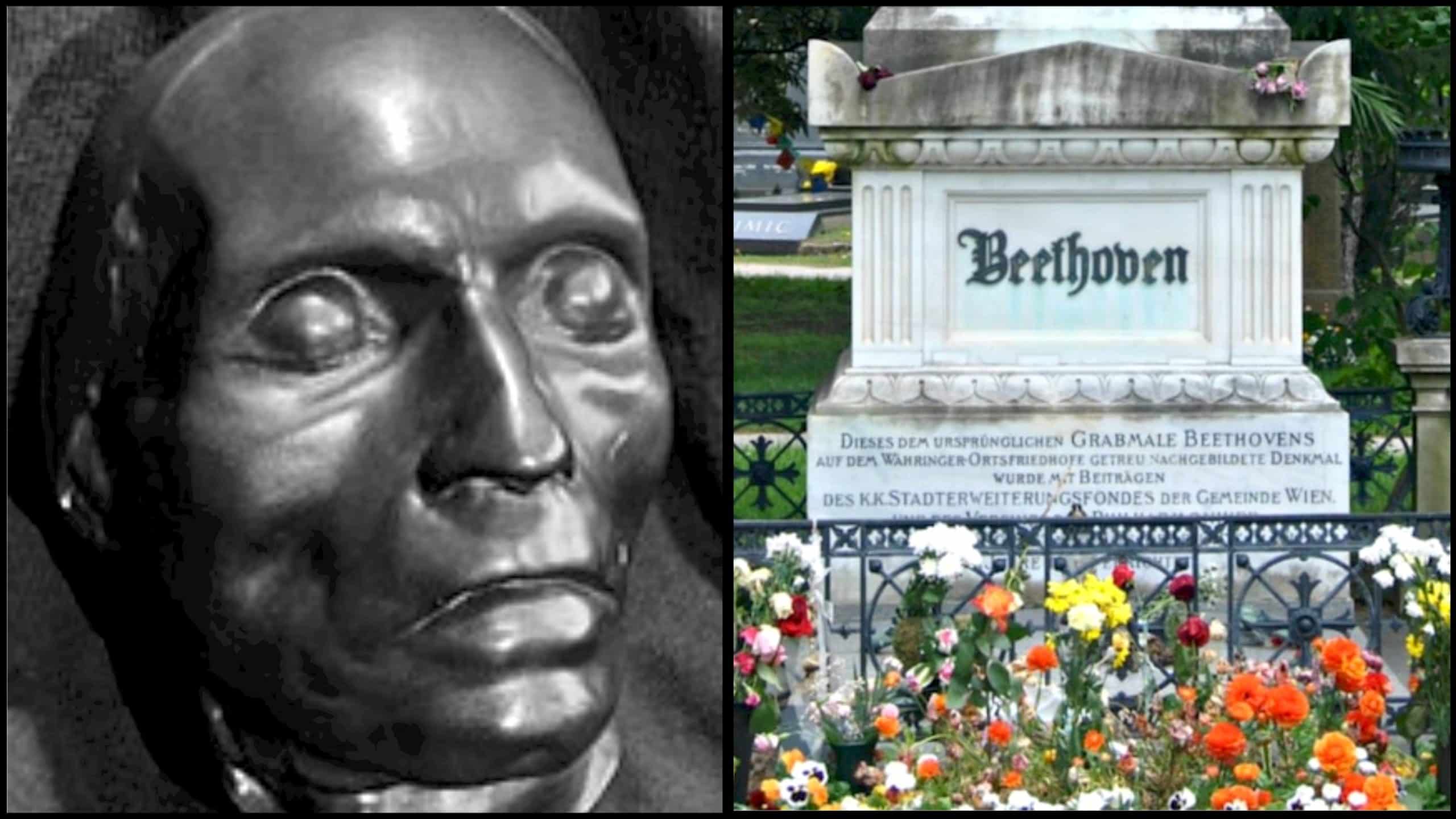Ludwig van Beethoven, a German pianist, and composer, is regarded as the defining figure in the development of Western music. As one of the finest and most significant composers in the Western classical tradition, he overcame the onset of deafness at the age of 28 to construct a repertoire of the finest classical music.
But who is actually Beethoven, and why did the cause of his death cause a historical debate? Let’s understand this in depth. Born in December of 1970, the son of Johann van Beethoven, in the city of Bonn, Beethoven was one of the three surviving kids out of seven of his siblings.
From an early age, his musical talent was apparent, and his father was his first music teacher. Later on, Beethoven received teachings from conductor and composer Christian Gottlob Neefe, under whose guidance he released his first composition, a set of piano variations, in 1783.
Beethoven’s career has typically been broken down into early, middle, and late phases. Most people believe that his formative years, when he developed his skill, spanned until 1802.
His middle era, which spans from 1802 to about 1812, is frequently referred to as heroic and demonstrated a distinct departure from the styles of Joseph Haydn and Wolfgang Amadeus Mozart. He expanded his discoveries in musical form and emotion throughout his latter years, which spanned from 1812 to 1827.
Some of his best-known compositions are his third (Eroica), fifth, sixth (Pastorale), and ninth (Choral) symphonies, as well as his eighth (Pathetique) and fourteenth (Moonlight) piano sonatas, two of his later piano concertos, his opera Fidelio, and the piano piece Für Elise.
However, Beethoven started to lose his hearing in 1801 and was completely deaf by 1814. He continued to create, even though he was no longer able to perform in concerts. He wrote some of his greatest masterpieces during this time.
Many of Beethoven’s best-known works, such as his later symphonies, mature chamber music, and the late piano sonatas, were written after 1810, as he became less active in society.
He is regarded as one of history’s finest classical composers. However, he suffered from a prolonged illness and took his last breath at the age of 56. But what actually caused his death? Let’s explore the circumstances surrounding his death.
What caused the death of Beethoven?

Beethoven’s health deteriorated over his final years, even during his so-called “late period,” when some of his most admired works were created. His friends gathered to support him and offer their last respects as it became clear that Beethoven would not survive.
Beethoven had four minor operations to treat his ascites (abdominal swelling), the first of which led to an infection, while the others did not. Finally, at the age of 56, on March 26, 1827, Beethoven took his last breath at his apartment in Vienna’s Schwarzspanierhaus.
His sister-in-law saw it, perhaps his secretary, Karl Holz, and his close friend, Anselm Hüttenbrenner, too, who later gave a detailed account of what happened. Beethoven’s last known words were “Pity, pity—too late!” after he was informed that his publisher had given him a gift of twelve bottles of wine.
One popular misconception was that his final words were “Plaudite, amici, comedia finita est,” which is the traditional way to close an Italian Commedia dell’arte performance. Hüttenbrenner specifically refuted this in 1860.
Dr. Johann Wagner conducted an autopsy on March 27, 1827. Beethoven’s liver was extremely cirrhotic and substantially shrinking, which is a common cause of ascites, according to the autopsy. Whether Beethoven’s liver damage was caused by excessive alcohol intake, a hepatic infection, or both is a matter of debate among academics.
The autopsy revealed damage to his aural nerves, as well as hardening of the arteries that surround them, although the latter appears to be compatible with aging naturally rather than inflammatory damage from syphilis.
However, it’s most likely that the actual cause of his death was lead poisoning, as lead was commonly used in medicines at that time. He may have consumed significant levels of lead from illegally fortified wine, according to another theory.
Austrian pathologist Christian Reiter claimed in 2008 that Beethoven’s physician, Andreas Wawruch, unintentionally killed him by administering an excessive dose of a lead-based treatment. Reiter claims that Wawruch administered the remedy to relieve the patient’s abdominal fluid; nonetheless, the leaders reportedly reached Beethoven’s liver and caused his death.
Despite various speculations, it seems that the actual cause of his death was lead poisoning.
On March 29, 1827, a burial service was held in the Alsergrund parish church, and Beethoven was laid to rest in the Währing cemetery, which is located northwest of Vienna.
Though the composer has left the world, his legacy still continues.
Also read: What Happened To Jay Briscoe? The Wrestler’s Cause Of Death Revealed





